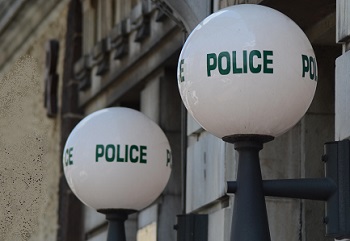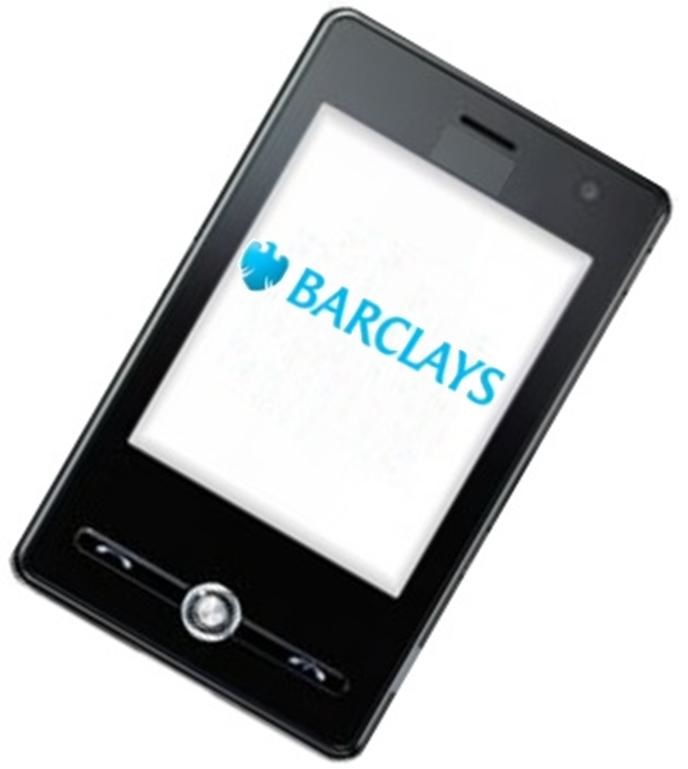This new smartphone application has been launched in Delhi and the Union Home Minister was present.
A new mobile app called “Himmat” has been developed for and launched by the Delhi Police in India, in order to provide women with a tool that will allow them to make a very quick and easy distress call to appropriate parties so that they can receive the help that they need.
The mobile application lets them reach the Police Control Room and their relatives in an emergency situation.
Union Home Minister Rajnath Singh was present in New Delhi, when the mobile app was first launched by the police. Its primary market is employed women who are smartphone owners and who find themselves traveling alone – even late at night – as a result of their working hours. At the same time that the mobile application was launched, Singh also handed out pepper spray to the women who were present and gave awards to girls who had gone through the Delhi Police self-defense program and had successfully completed it.
The Delhi Police received Sing’s praise for the use of technology and the mobile app for improved policing.
 Delhi Police Commissioner BS Bassi was also present for the launch of the Himmat app for mobile devices, and explained that the process involves downloading the application by registering with the Delhi Police website. Registration involves sharing the smartphone user’s name and number, as well as the contact information of at least two friends or relatives who could be contacted in case of an emergency.
Delhi Police Commissioner BS Bassi was also present for the launch of the Himmat app for mobile devices, and explained that the process involves downloading the application by registering with the Delhi Police website. Registration involves sharing the smartphone user’s name and number, as well as the contact information of at least two friends or relatives who could be contacted in case of an emergency.
Upon the completion of the registration, the smartphone user receives a text message with a download link and a registration key. When installing the smartphone app, the registration key needs to be entered, but that is a one-time occurrence.
After that point, the smartphone user opens the mobile app while traveling alone, and can send an alert to the police or to his or her emergency contacts simply by shaking the device or by pressing on the power button/soft button. Immediately after the distress alert has been triggered, a thirty second audio/video recording will begin on the device and that will be relayed to the Police Control Room (PCR). Bassi explained that once that message is sent to the PCR, they will receive a call back to check on them.
The operator from the United Kingdom has announced the start of fares paid through smartphone transactions.
In the United Kingdom, a regional bus operator has now announced that it will be accepting mobile payments to let riders pay for their fares using the Barclay’s Pingit app, using their smartphones.
The bus company, First West Yorkshire, is among the first in the country to enable Pingit fares.
First West Yorkshire, has made an announcement that has revealed that it will be beginning the use of the mobile payments service in order to provide riders with an additional transaction method. The service that they have chosen is Pingit, the app that was initially introduced by Barclays back in 2012. The transportation industries in the United Kingdom have not yet broadly adopted smartphone based payments, making this local operator among the first to take that first step into this sphere.
The choice to use mobile payments was meant to be a reflection of the company’s intention to keep up with what consumers want.
 According to the First West Yorkshire managing director, Paul Matthews, “Our partnership with Barclays puts First at the forefront of bus ticketing technology and reflects our commitment to grasp ever more innovative ways to make bus travel better, easier and more convenient.”
According to the First West Yorkshire managing director, Paul Matthews, “Our partnership with Barclays puts First at the forefront of bus ticketing technology and reflects our commitment to grasp ever more innovative ways to make bus travel better, easier and more convenient.”
Though this bus operator is among the first in the U.K. transportation industry to make this move into appealing to consumers with mobile devices, the rest of the world has been catching on at an increasing rate. Some have predicted that this will be an important trend in areas such as travel and in public transportation. Mobile check-ins, for instance, are becoming increasingly commonplace among airlines in airports.
Some cities around the world have also been piloting programs that have been testing the use of smartphone based ticketing for their bus and subway systems. Among the key challenges has been choosing technology that would be compatible with the largest number of mobile devices as there has yet to be a standard within the very young smartphone based transaction industry.
From First West Yorkshire’s point of view, the mobile payments ticketing service has been chosen to give riders a quick, easy, and convenient way to use their smartphones to purchase and store their fares.
 Delhi Police Commissioner BS Bassi was also present for the launch of the Himmat app for mobile devices, and explained that the process involves downloading the application by registering with the Delhi Police website. Registration involves sharing the smartphone user’s name and number, as well as the contact information of at least two friends or relatives who could be contacted in case of an emergency.
Delhi Police Commissioner BS Bassi was also present for the launch of the Himmat app for mobile devices, and explained that the process involves downloading the application by registering with the Delhi Police website. Registration involves sharing the smartphone user’s name and number, as well as the contact information of at least two friends or relatives who could be contacted in case of an emergency.
 According to the First West Yorkshire managing director, Paul Matthews, “Our partnership with Barclays puts First at the forefront of bus ticketing technology and reflects our commitment to grasp ever more innovative ways to make bus travel better, easier and more convenient.”
According to the First West Yorkshire managing director, Paul Matthews, “Our partnership with Barclays puts First at the forefront of bus ticketing technology and reflects our commitment to grasp ever more innovative ways to make bus travel better, easier and more convenient.”